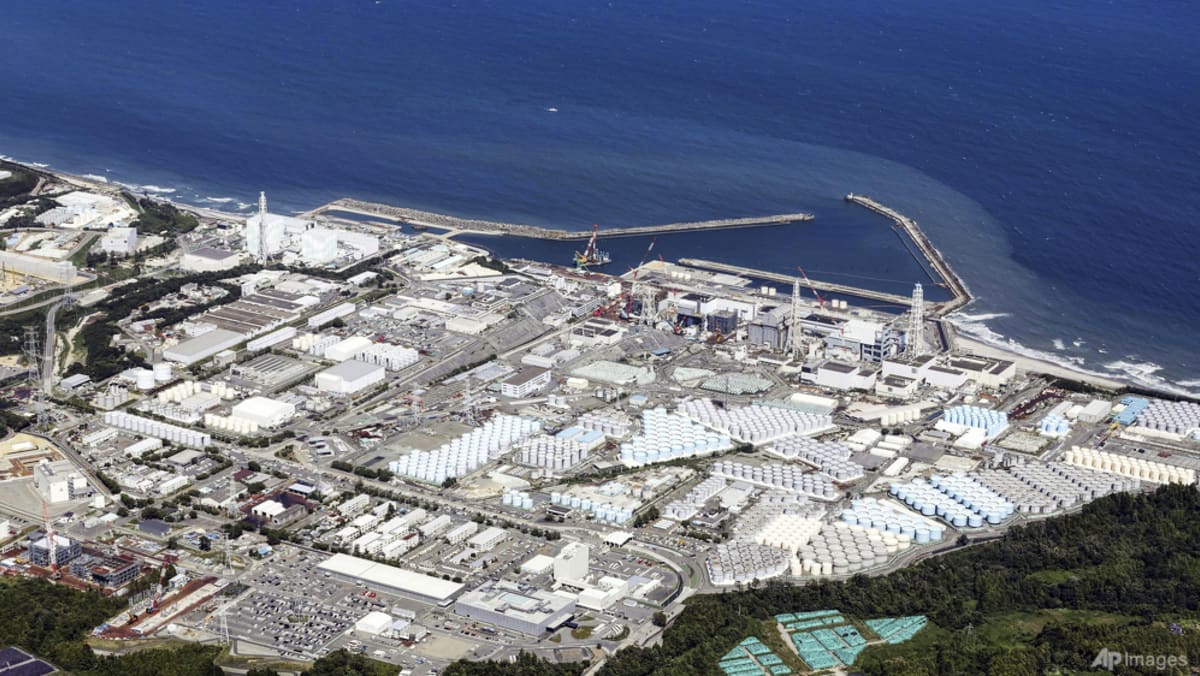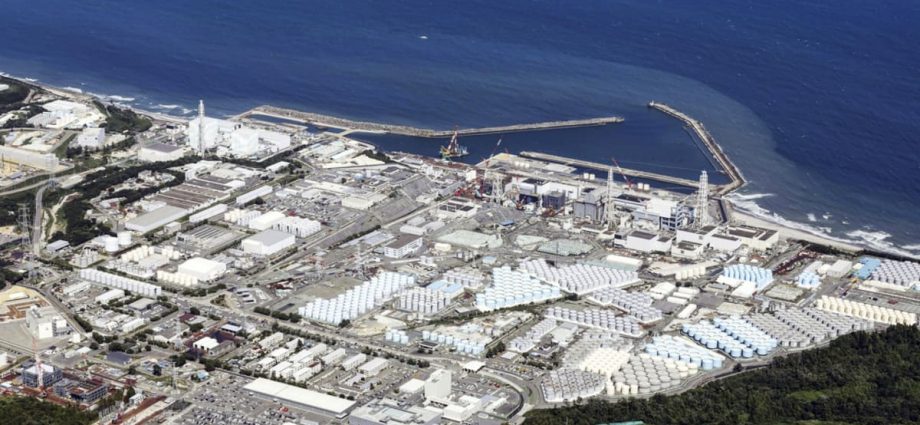
Following news that treated wastewater will be released from Fukushima into the ocean, Malaysians have expressed concerns over food safety issues, particularly over seafood imported from Japan.
Several netizens on social media platform X called for the government to ban all seafood imported from the East Asian country.
“Will sushi be more expensive after this?” asked an X user.
Another netizen pointed out that although Japan has no choice but to release the treated wastewater to the sea, it is an “unprecedented event”.
“(This) means we don’t really know what exactly will happen,” she said.
Some netizens also questioned whether the treated wastewater is safe from radiation and expressed worries of falling ill.
“More and more people are quickly getting cancer and other illnesses,” said one netizen.
The public has been urged to “remain calm”, with Malaysia’s Deputy Agriculture and Food Security Minister Chan Foong Hin sharing in a Facebook post that the country does not currently import live marine fish from Japan.
He added that for non-live fishery products from Japan, his ministry is working closely with the health ministry and other government agencies to monitor food safety issue levels.
Among the things being done include checks on health certifications and radiation during post import, said Mr Chan.
The Vibes had earlier in June reported that there is fear that the release of the wastewater may affect the world’s marine ecosystem.
According to The Vibes, Dr Maizah Abdullah – a lecturer at the Faculty of Marine Science and Environment at the Universiti Malaysia Terengganu – warned that there is a possibility that the nuclear wastewater may drift into Malaysia’s waters.
“There is no limit to the movement of ocean currents. It is coupled with marine life that constantly migrates, so any animal that reaches an area that is affected or at risk by this radioactive waste will definitely reach our waters, potentially contaminating the food chain of marine life and affecting human health,” she told the online news portal.

